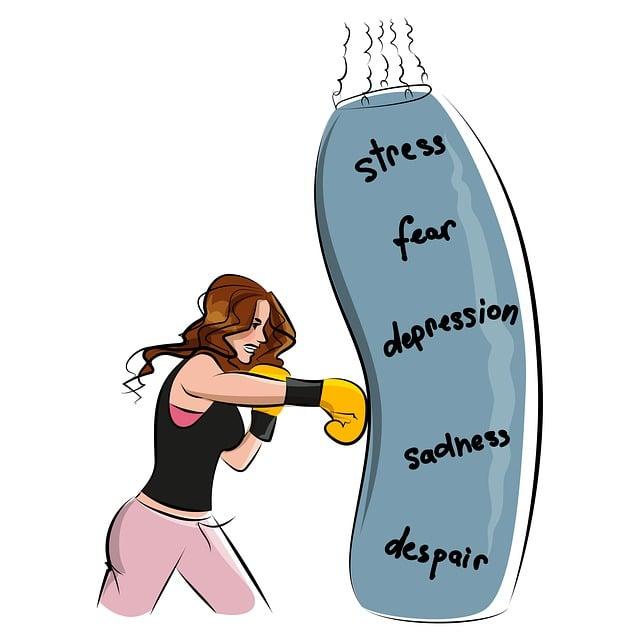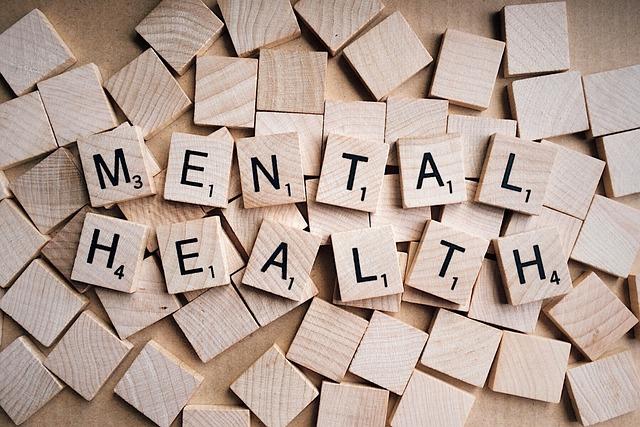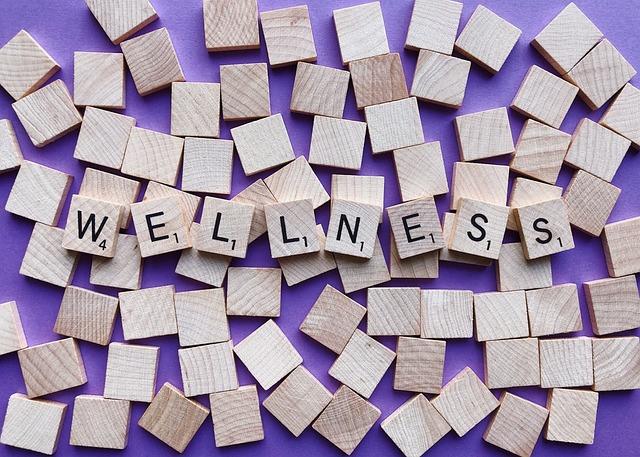In the bustling symphony of modern life, where deadlines loom like storm clouds and digital notifications punctuate our every waking moment, there lies a silent crisis—one that often goes unnoticed until it crescendos into chaos. Welcome to the world of mental health neglect, a realm where invisible wounds inflict the deepest scars and whispers of unease grow into deafening roars. In this exploration, we will peel back the layers of a hidden epidemic, revealing the shocking impact of turning a blind eye to the very essence of our well-being. With confidence and clarity, we delve into the untold stories and overlooked truths, daring to confront the consequences of what happens when we ignore the mind that shapes our reality.
Unveiling the Hidden Consequences of Mental Health Neglect
In the fast-paced rhythm of modern life, overlooking our mental health can lead to a cascade of unforeseen consequences that ripple through every facet of our existence. When mental well-being is sidelined, the initial signs might be subtle—like a shadow creeping at the edge of our consciousness. Yet, as neglect takes root, these shadows burgeon into more tangible, disruptive forces. Emotional turbulence can manifest, affecting our ability to form and maintain relationships. Professional life might also suffer, with productivity dwindling and creativity stifled under the weight of unaddressed mental strain.
Furthermore, the physical body, often perceived as separate from mental health, is not immune to the ramifications of neglect. The stress hormone cortisol can wreak havoc, leading to issues such as insomnia, weakened immune response, and even chronic illnesses. Consider the everyday habits that may deteriorate as a result of mental health neglect:
- Dietary Choices: Unhealthy eating patterns may develop, contributing to nutritional deficiencies.
- Exercise Routines: Motivation to engage in physical activity can diminish, impacting overall fitness.
- Sleep Patterns: Irregular sleep can exacerbate feelings of anxiety and depression.
These interconnected consequences highlight the urgent need to prioritize mental health as an integral component of our overall well-being. By acknowledging and addressing mental health, we can mitigate these hidden impacts and pave the way for a more balanced, fulfilling life.

Decoding the Ripple Effect on Personal and Professional Life
When mental health takes a backseat, the repercussions can ripple through every facet of our lives, often in unexpected ways. Personal relationships might suffer as emotional withdrawal or heightened irritability create barriers between loved ones. Friends and family may find it challenging to understand the sudden change in demeanor, leading to a cycle of miscommunication and estrangement. On a personal level, the neglected mind can lead to a diminished sense of self-worth and increased vulnerability to stress.
Professionally, the consequences can be equally staggering. The workplace, once a domain of productivity and creativity, might become a space of dread and anxiety. Mental fatigue can erode focus and motivation, resulting in missed deadlines and reduced quality of work. Moreover, strained interpersonal relationships with colleagues can emerge as irritability and lack of communication become more pronounced. It’s crucial to recognize these signs early and prioritize mental well-being to prevent these detrimental effects from taking hold.
- Emotional withdrawal can lead to isolation.
- Decreased productivity affects career growth.
- Strained relationships both personally and professionally.
- Increased stress leading to burnout.

Empowering Strategies to Reclaim Your Mental Well-being
It’s time to take control of your mental well-being with strategies that are not just effective, but transformative. Begin by establishing a daily routine that nurtures both mind and body. Consistency is key, whether it’s through meditation, exercise, or simply taking time to reflect and breathe. Remember, small, consistent actions can lead to monumental changes in your mental landscape.
- Practice Mindfulness: Stay present and focus on the here and now to reduce anxiety.
- Cultivate Gratitude: Keep a journal to jot down things you’re thankful for each day.
- Limit Screen Time: Set boundaries to disconnect and recharge your mental batteries.
- Seek Support: Don’t hesitate to reach out to friends, family, or mental health professionals.
Empower yourself by taking these proactive steps. Each strategy is a building block, paving the way to reclaiming and maintaining your mental well-being.
The Conclusion
In closing, the reverberations of neglecting our mental health echo far beyond the confines of our own minds, spilling into every corner of our lives and those around us. This silent storm, often underestimated, can uproot the very foundation of our well-being if left unchecked. Yet, in recognizing the profound impact of our mental health, we hold the power to transform this narrative from one of neglect to one of empowerment and resilience.
As we navigate the intricate tapestry of our emotions and thoughts, let us not shy away from seeking the help and support we deserve. By fostering a culture of openness and understanding, we can dismantle the stigma that binds us and embrace a future where mental health is prioritized, nurtured, and celebrated.
So, as you step away from this article, carry with you the unwavering confidence that tending to your mental health is not just a necessity—it’s a profound act of self-love and courage. Let this be the dawn of a journey where we champion our mental well-being with the same vigor and determination we afford every other facet of our lives. Together, let’s turn the tide, transforming the shocking into the hopeful, and the neglected into the cherished.



